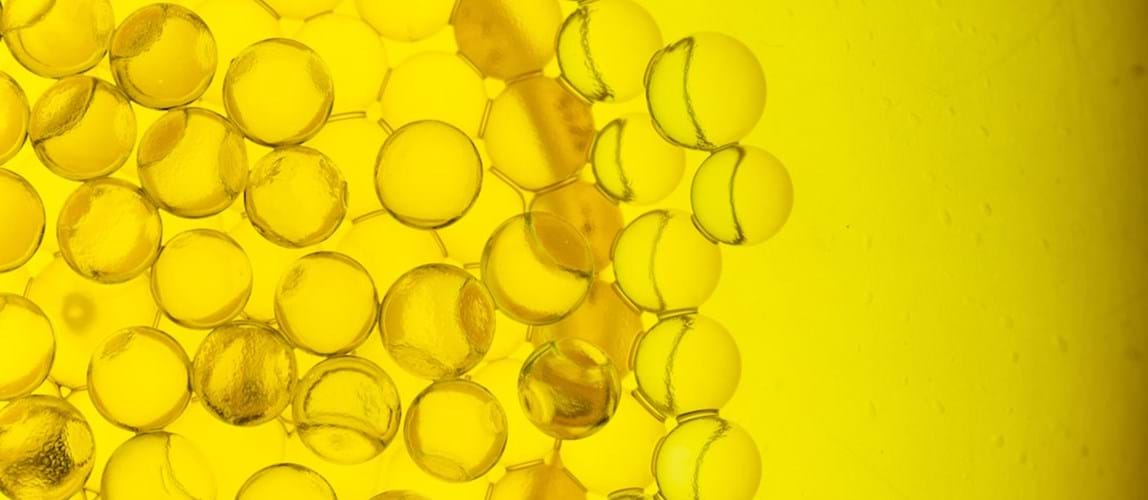Biochemical Engineering
The Use of Colloids and Interfacial Science for Food Applications and Hydrogel Bioreactor Technology

- Date From 9th August 2024
- Date To 9th August 2024
- Price Free of charge.
- Location Monash University Malaysia, Seminar Room 6215 (Building 6, Level 2, Room 15).
Overview
There is tremendous interest in developing innovative food products that have enhanced functional properties. Two major technological routes to achieve this are emulsions and microcapsules.
This talk will illustrate the feasibility of lab-scale production of functional foods through emulsions and microcapsules. This technology was applied to the encapsulation and delivery of micronutrients as part of Gates Foundation project ‘Edible Microballoons for Nutrition Enhancement’, which aims to combat maternal and child malnutrition in developing countries by these micronutrient-containing microcapsules. In the second Gates Foundation project (in collaboration with CityU Hong Kong), we built a cellulose hydrogel-based bioreactor that can be used to grow multiple strains of human gut microbes in a single reactor. The low-cost bioreactor can help produce multi-strain probiotics for treating malnourished children in developing countries.
For this project, we developed cellulose hydrogels with varying porosities and surface chemistries. These hydrogels help maintain gradients of oxygen, pH and nutrients in the reactor, similar to the condition in the human gut. The bioreactor mimics human gut oxygen, pH and nutrients supply conditions. Building upon the gut-like hydrogel bioreactor design mentioned earlier, we collaborated with an industry partner to create a different hydrogel bioreactor. This new bioreactor mimics the human gut environment and produces artificial stool containing a beneficial probiotic bacteria mixture. The goal is to use this as a fecal microbial transplant for treating gut dysbiosis and other gastrointestinal infections. Currently, the hydrogel bioreactor technology is extended to the production of short chain fatty acids required for making cow-less milk from precision fermentation of gut microbial consortia.
Speaker
Srinivas Mettu, Assistant Professor in Chemical Engineering, Khalifa University
Dr Mettu is a chemical engineer by training (BTech, MTech (IIT Kanpur), and PhD (Lehigh, USA) in Chemical Engineering) with expertise of working in applied (Xerox Research USA) as well as fundamental research environment (IIT Kanpur, Lehigh University, The University of Melbourne and RMIT University). Dr Mettu worked on multiple projects during his stint at Xerox Research on developing novel printing technologies and nano-micro structured print surfaces.
After moving to Melbourne in 2013, Dr Mettu worked on many projects related to food engineering such as flavour encapsulation for chocolate, emulsion formulations for water encapsulation in low fat chocolate. While in Australia, Dr Mettu got funding support from Bill and Melinda Gates Foundation for 3 Grand Challenges Explorations awards to work on projects such as (’Edible Microballoons for Nutrition Enhancement’), cellulosic biomaterials for bioreactors (’Novel Radial Gradient in Fibrous-Bed Bioreactors with Cellulose Hydrogel’) and cellulosic and protein-based biomaterials for producing biodegradable sanitary pads (’Eco-Bio Sanitary Pads to End Period Poverty’).
Dr Mettu is currently working in collaboration with an industry partner in Australia to explore the use of hydrogel bioreactors (fermenters) to produce beneficial probiotic bacteria (Gut Microbes) mixture (artificial stool) to be used as Faecal Microbial Transplant to treat gut dysbiosis and other gastrointestinal infections.
The material presented in this webinar has not been peer-reviewed. Any opinions are the presenter’s own and do not necessarily represent those of IChemE or the Biochemical Engineering Special Interest Group. The information is given in good faith but without any liability on the part of IChemE.
Back to events